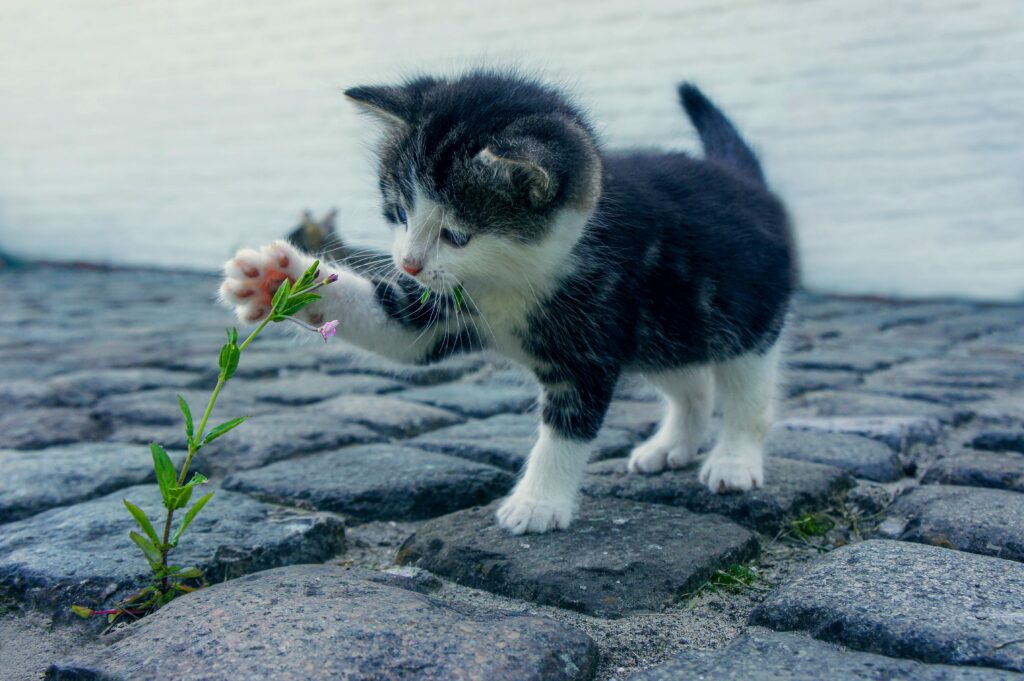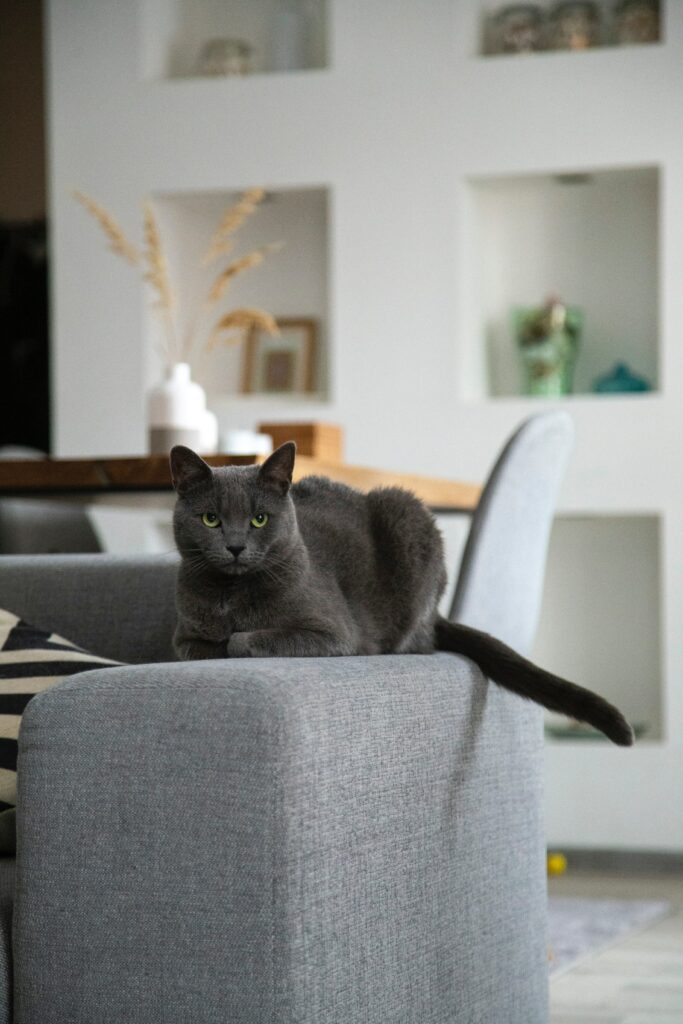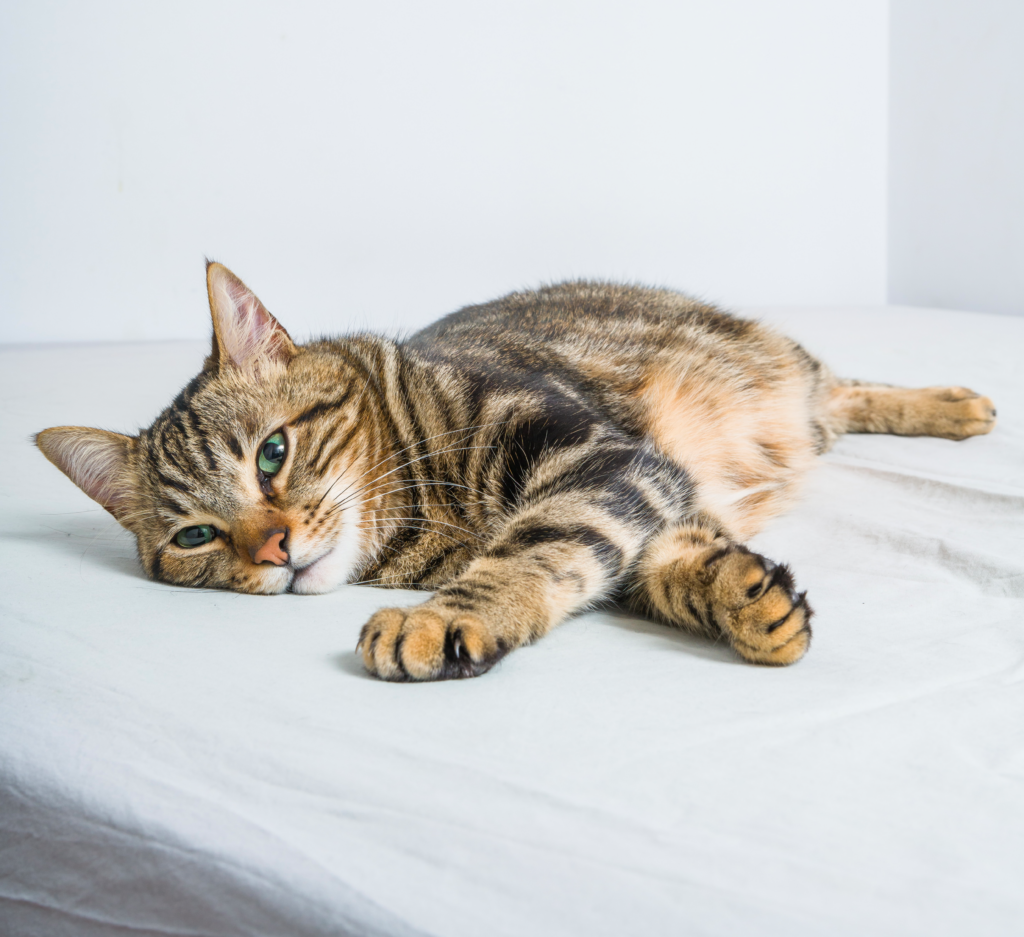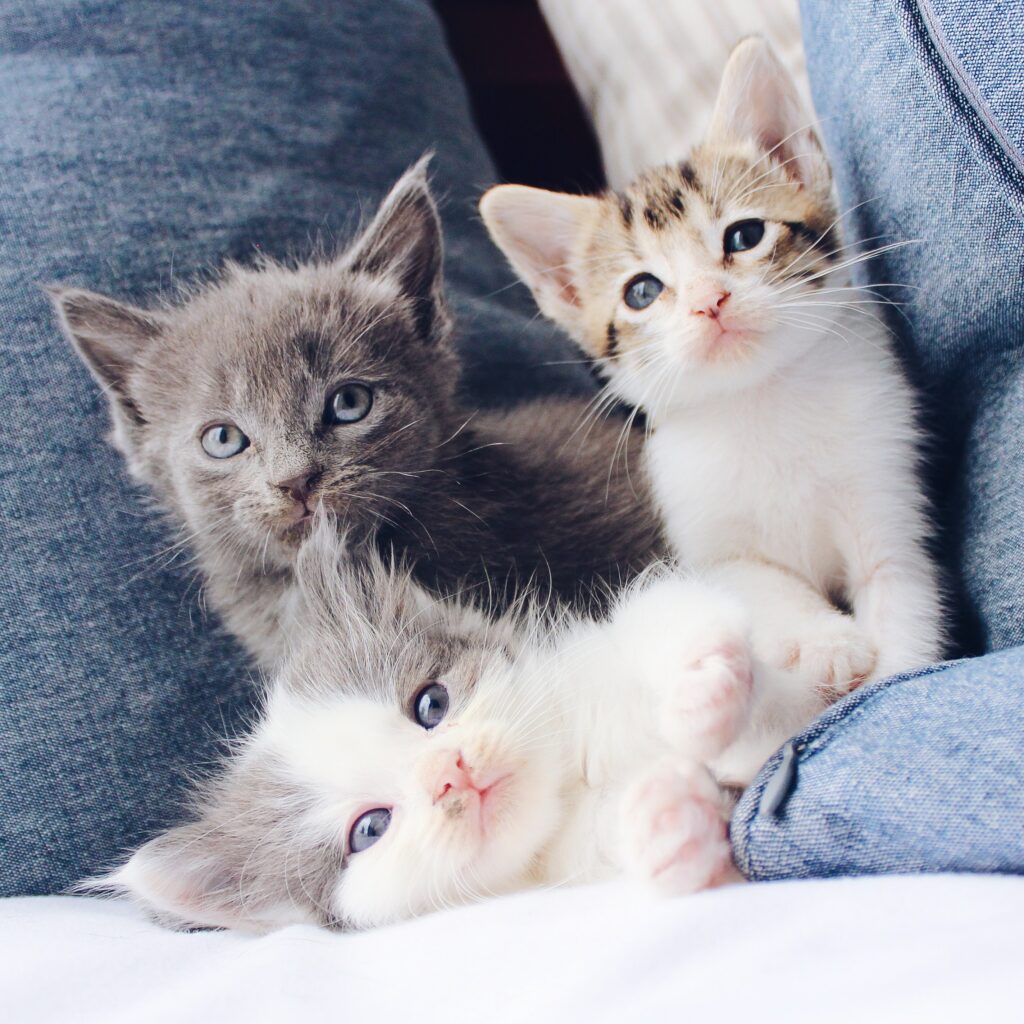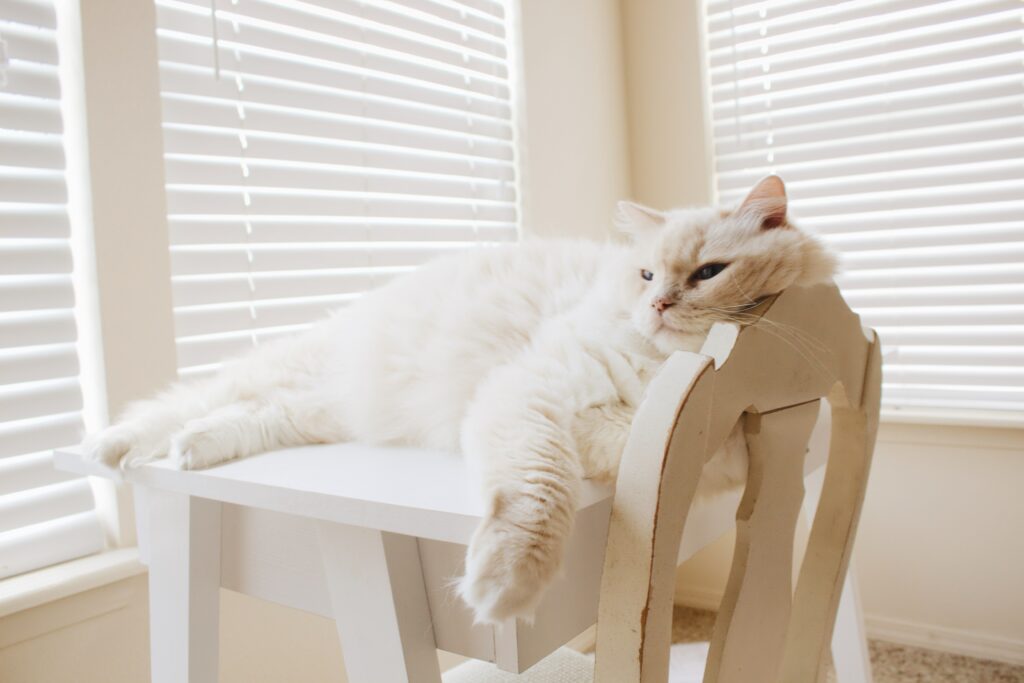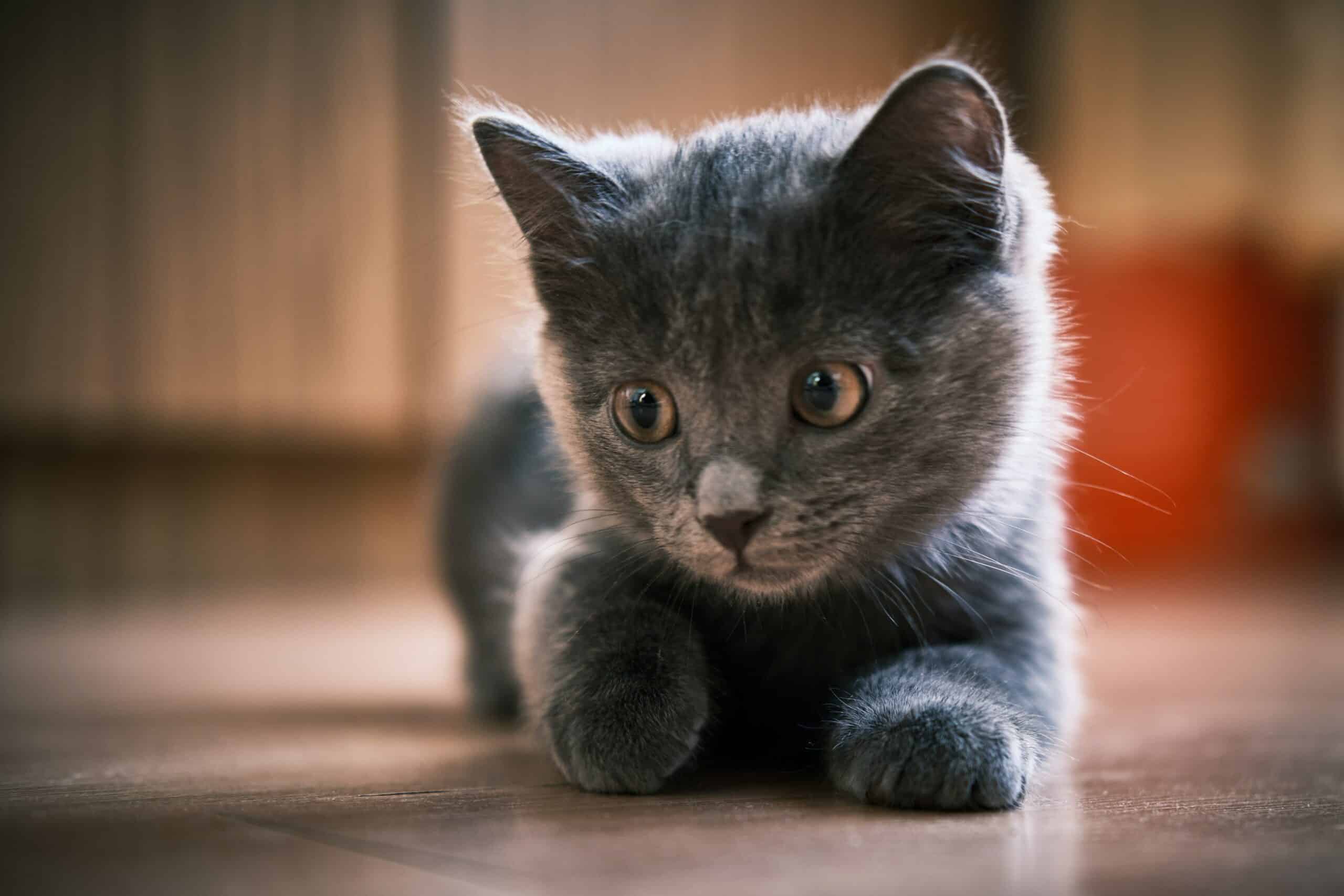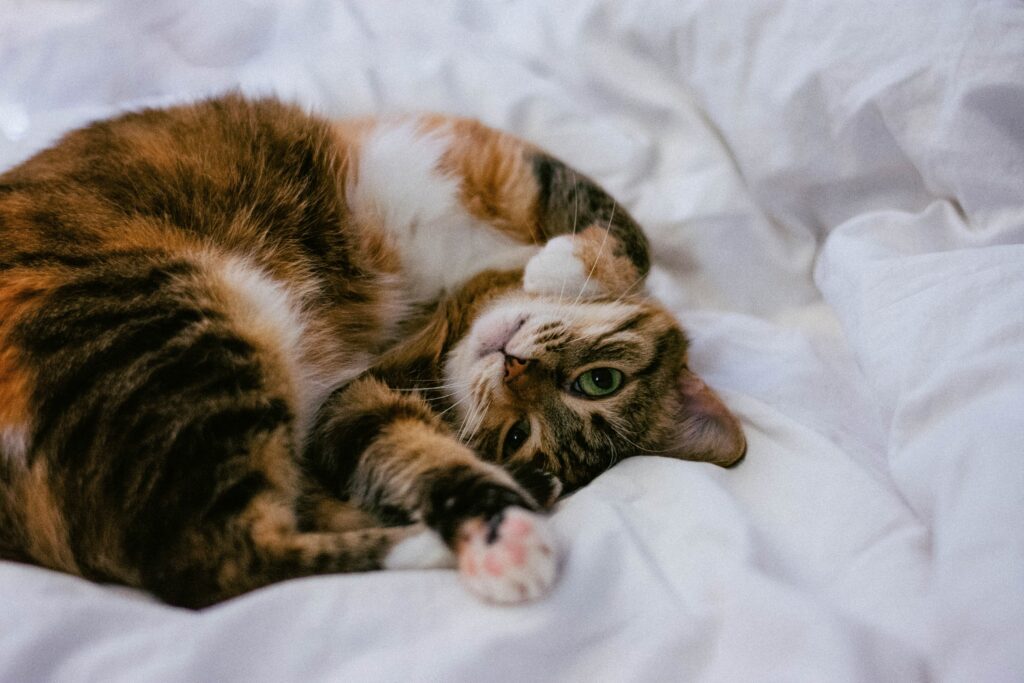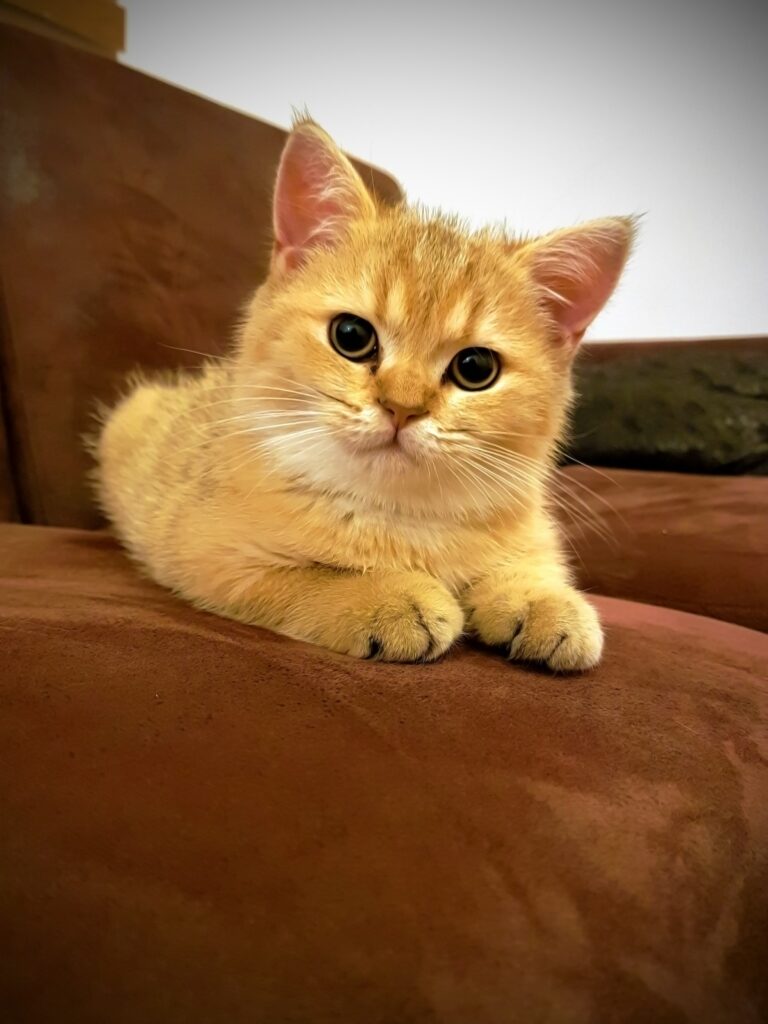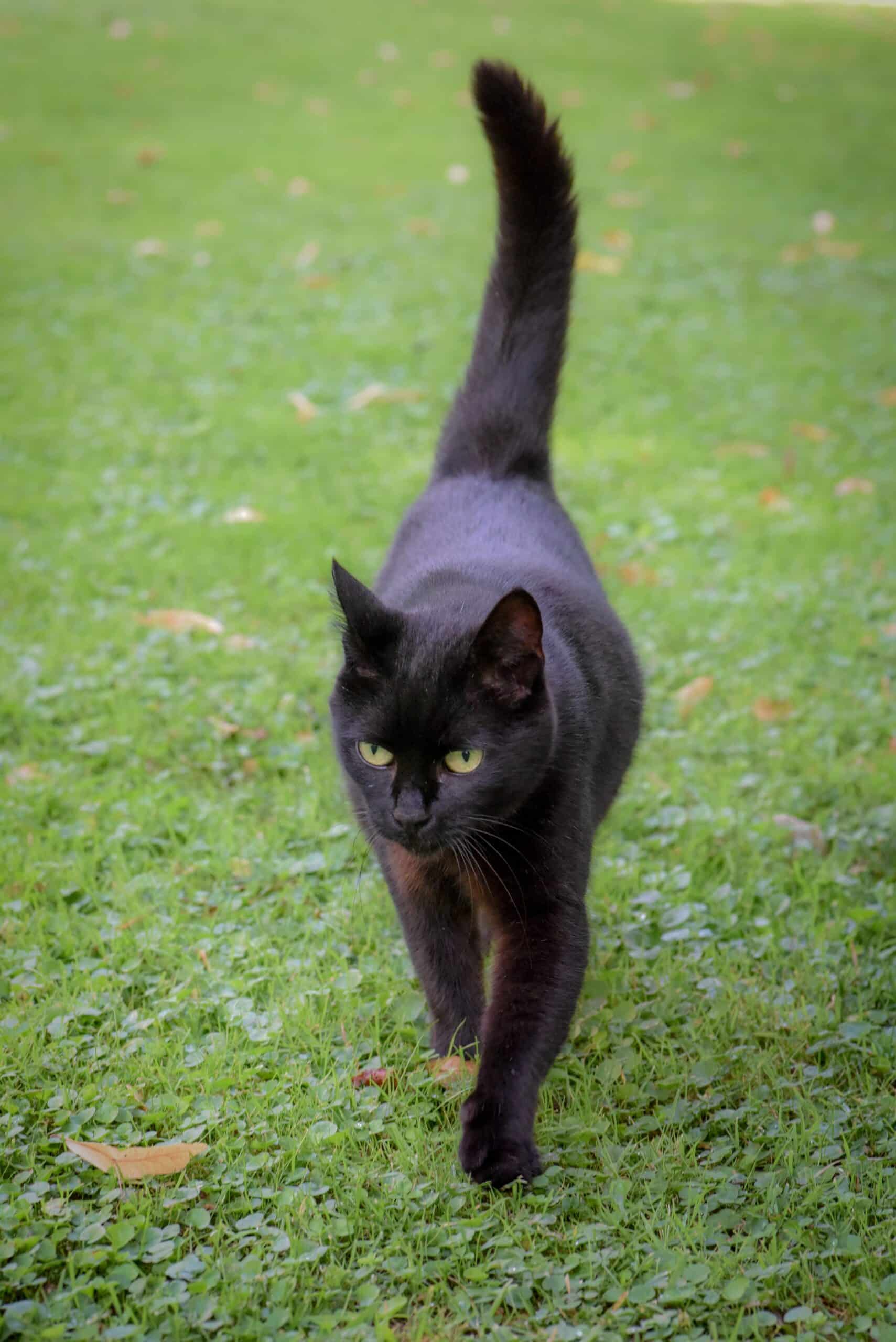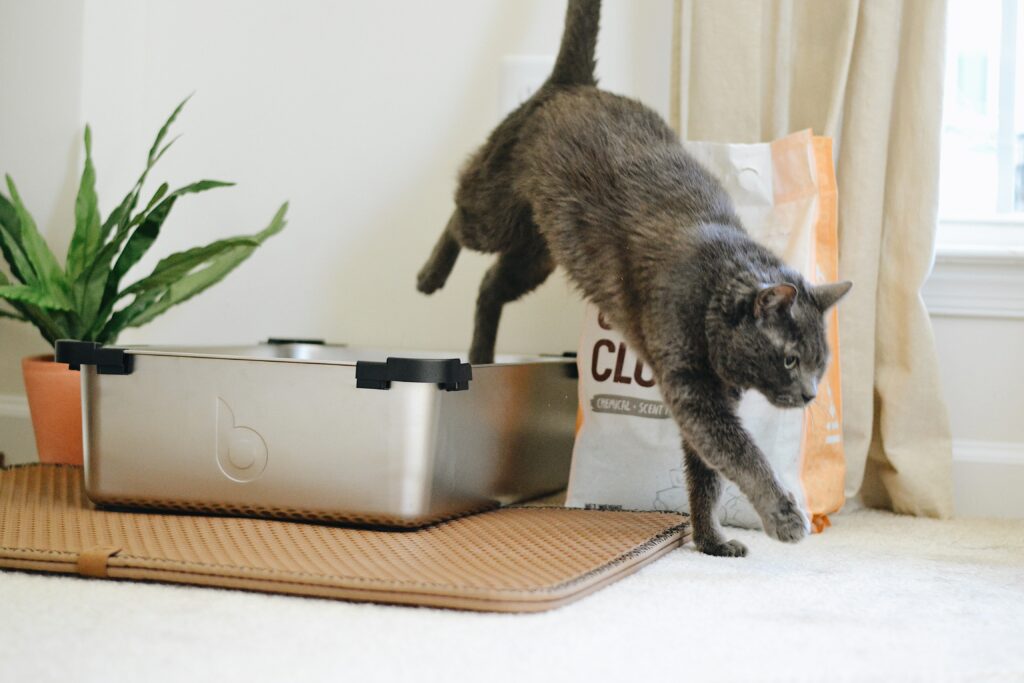Summer is flying by, which means beautiful autumn weather is just about here! The humidity is dying down and you’re ready to brave sitting outside once again. But you’re not the only one longing for some fresh air. What about your cat? Sometimes you can’t help wondering if maybe you should just let it out to explore. Can house cats go outside? Unfortunately, it’s best you keep the door closed on your furry friend.
Why House Cats Shouldn’t Go Outside
The debate on indoor vs outdoor cats isn’t a new one. We see cats outdoors all the time! However, the predominant conclusion about letting your house cat visit the great outdoors is a pretty resounding negative. Here are a few reasons why:
- The most obvious reason is your cat might wander too far. Our biggest fear about letting our cats outside is that they might go where they shouldn’t and we’ll lose them, or worse, they get hit by a car. Keep your cat safe by keeping them inside.
- The second most-concerning reason to keep your cat inside is that they’re prone to pick up disease when outside. Just a few of the diseases they might bring back include Feline AIDS (FIV), Feline Leukemia (FeLV), and respiratory infections. Even though our cats are vaxxed against some of these, there is always a risk.
- Don’t forget bugs. Cats can bring back fleas, ticks, and ringworm just like dogs can. And unfortunately, kitties aren’t as happy to bathe as a dog might be.
- Predators. Your cat is a natural born hunter. They might hunt birds, bugs, mice, small frogs, and more. This has a large impact on local wildlife habitats that is unfortunately for the worse and can really affect your local ecosystem.
- Lastly, while your cat is hunting, your cat may also be hunted. Coyotes, hawks, and other medium-to-large predators are always on the lookout for cats and small dogs. Protect your cat by keeping it inside!
Indoor Cats Live Longer Lives
Your furry friend can have a longer life with you when it stays indoors. Danger from cars, disease, parasites, and predators are just a few factors that contribute to much shorter life expectancies for outdoor cats. If you choose to let your cat outside, it’s best to do so minimally and to keep them on a harness and leash. They also will need to visit the vet regularly for checkups and vaccinations. Schedule regular appointments with The Cat Clinic at Cherry Hill to make sure your cat is still as healthy as possible after it has spent some time outside. Still not sure whether to let your cat outside? Call 856-662-2662 and talk to us to learn more!
